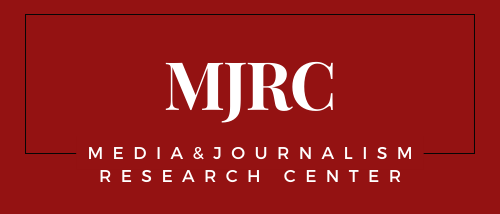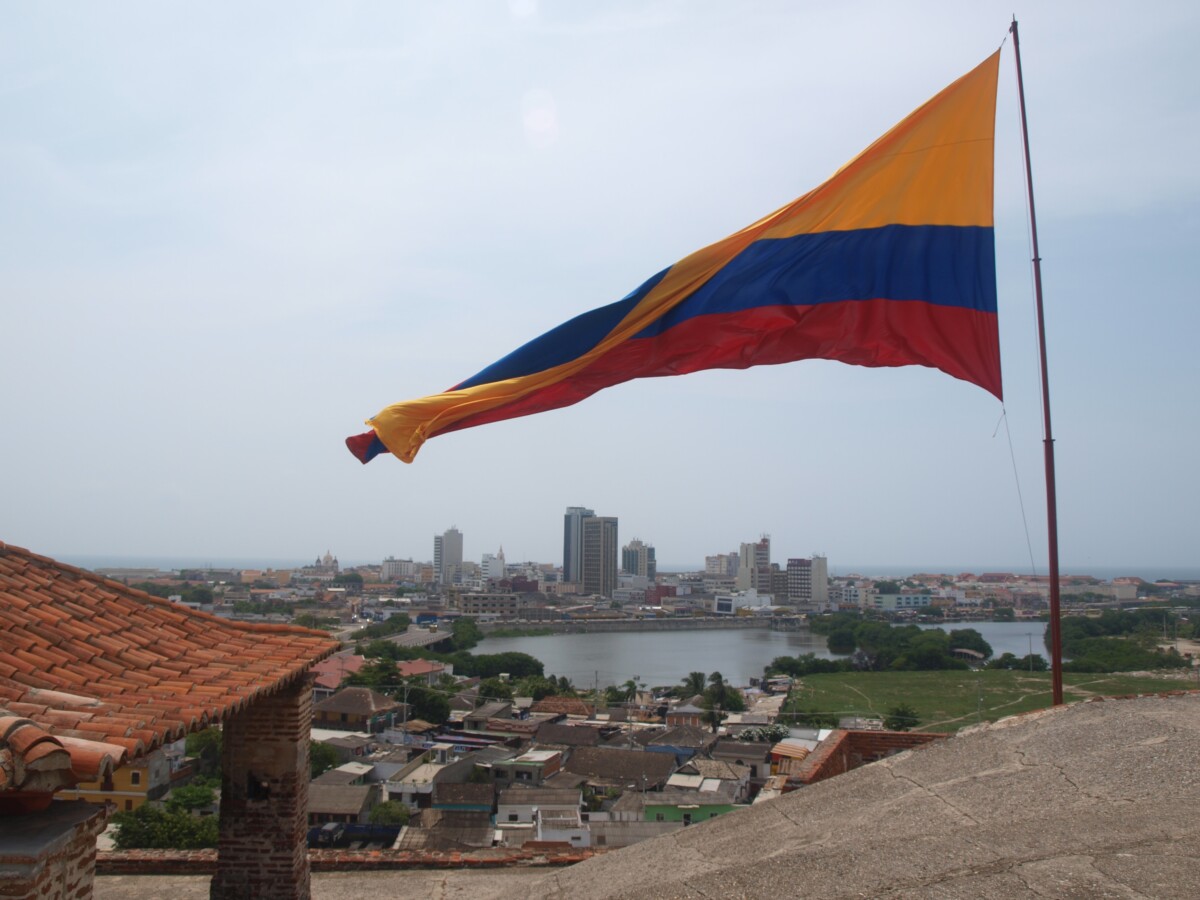Media Freedom in Colombia: Good Laws, Poor Execution
Colombia has legal provisions that protect freedom of the press. However, the situation of journalism is far from rosy.
From a legal and regulatory context, Colombia has a long republican tradition of respect for freedom of expression dating back to its declaration as a fundamental right in the Political Constitution of 1991, which also laid the foundations for a jurisprudence of respect for the free exercise of journalism.
However, in practice, the situation is far from satisfactory, according to a report published today by the Media and Journalism Research Center in cooperation with OBSERVACOM and the University of Santiago de Compostela (USC) in Spain.
“The constant violence suffered by journalists, the high levels of concentration in media ownership, and the use of official advertising as a mechanism of editorial control by the government, especially at the local level, darken the picture,” wrote the report’s authors, Gabriel Ernesto Levy Bravo, lead researcher, and researchers María Cecilia Hernández Ocampo and María Paula Ángel Benavides.
The report is part of the Media Influence Matrix project, which is collaboratively run by the Media & Power Research Consortium, an alliance of local, regional, and international organizations. They include academic institutions (universities and research centers), NGOs, journalism networks, and private foundations.
Titled “Government, Politics, and Regulation,” the report is the first study on Colombia in the project. Two other studies on journalism financing and technology are scheduled to be published in June-July 2023.
Read the full report here.
To access the Colombia page in the project, click here.
Photo by Christine Ellsay on Unsplash
Invest in independent media research and join a community of practice.
Your contribution supports MJRC’s investigations and global analysis. As a supporter, you can receive early access to new findings, invitations to small-group briefings, inclusion in our Supporters Circle updates, and the option to be listed on our Supporters Page.
Contribute to MJRC
